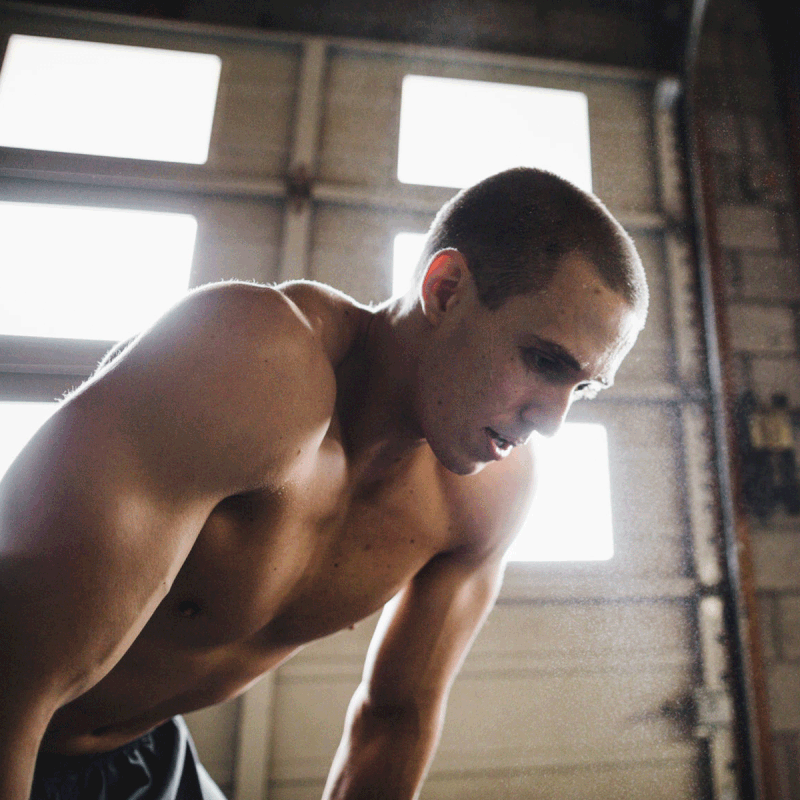Are You Suffering With A Fitness Hangover?
1. It’s essential that you warm up and cool down properly. A good warm up will gradually loosen your muscles and gently increase your heartrate. Both steps are usually skipped in fitness regimes, but it’s crucial your muscles (and your mind) have time to rebalance.
2. Likewise, low-intensity cardio after your workout will help your muscles cool down safely and prevent the dreaded soreness the next day. Stretch out your muscles slowly until you feel resistance – but stop if you feel any pain.
3. If you’re still feeling sore after exercising, consider using a foam roller. It’s a bit like a DIY massage and can help reduce the pain of tender muscles, helping you beat the burn and carry on with your day.
4. Cooling muscles after exercise can also prevent delayed onset muscle soreness, or DOMS as it’s often known. While the sporting elite might favour ice baths, you can easily get results with an ice pack.
5. Just like a real hangover, a workout hangover will require plenty of rest and fluids to help you recover. Keep a water bottle handy and avoid coffee or alcohol, which can both dehydrate you further.
6. In addition to sore muscles, sometimes people can feel nauseous after a workout. This is often due to lack of time in between eating and exercising. As a rule, aim for a light meal or snack before working out, and try and leave one to three hours after eating a larger meal before exercising to let your food digest. Good pre-work out foods include complex carbs, like wholegrain bread or pasta, and lean proteins like white fish, chicken or greek yogurt. Eating a sensible amount and giving yourself enough time before working out will help prevent nausea.
7. Make sure you’re getting enough sleep. A substantial amount of shut-eye will allow your body to work harder and more often without giving in to muscle fatigue.
8. And finally, don’t force yourself to exercise if you’re already feeling unwell or fighting off a virus. Exercise diverts resources away from your immune system, so forcing yourself to work out under these circumstances could make you feel worse.
DISCLAIMER: We endeavour to always credit the correct original source of every image we use. If you think a credit may be incorrect, please contact us at [email protected].


